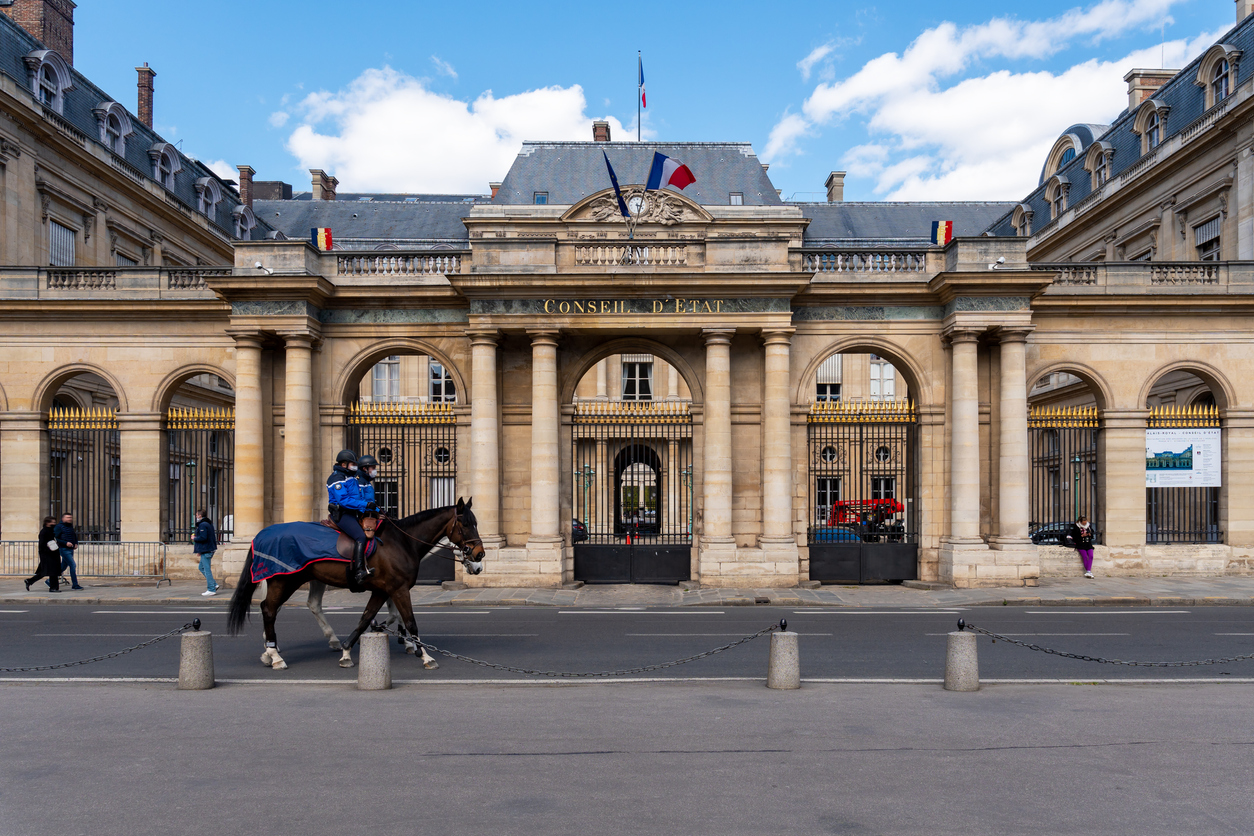EUROPE
French election - Are the right losing because of Putin? Short Cut with Cornelia Woll
How does France vote? And why do the French vote for right-wing extremists? Are the causes basically similar to those in Germany, only the scale of the phenomenon is not? We discussed this with Moritz Schularick, Cornelia Woll, Anne-Laure Delatte and Shahin Vallée.
BY
DAVID KLÄFFLINGPUBLISHED
11. APRIL 2022READING TIME
3 MIN
Topic of discussion
Not long ago, it seemed as if right-wing populists could come to power in France after the presidential election – similar to Trump in the US. However, since Putin’s war against Ukraine, the popularity ratings of the incumbent Emmanuel Macron have risen sharply. What does this mean for the first round of the election on April 10? And why do the French vote so strongly for right-wing extremists in the first place? Are the causes the same as in Germany, except for the scale of the phenomenon?
Possible Election Outcome
All four panellists agreed that the Ukraine shock had influenced the election in Macron’s favour, but that his re-election was nevertheless not set in stone. According to current polls, a close race between Macron and Le Pen in the second round is most likely.
In particular, a lack of turnout by left-wing voters in the second round could help Le Pen win the election. Anne-Laure Delatte warned that while conservative and right-wing parties such as the Republicans around Valérie Pécresse would unite behind Le Pen in a second round, high rejection ratings for Macron could prevent this unity among a more left-wing electorate.
Moritz Schularick emphasised that despite all the justified warnings about a possible election of Le Pen, Macron’s re-election was the most likely outcome. The reason for this, he said, was France’s reduced dependence on Russian energy in addition to the extraordinary economic upswing after the pandemic. Moreover, the participation problem would be mitigated for endogeneity reasons, as voter participation would increase through low participation polls to reduce the risk of a Le Pen-led government.
Explanations for populism
Cornelia Woll cited the shift from the traditional line of conflict between left and right parties to a second axis of conflict between cosmopolitans/liberals and nationalists/authoritarians as one possible explanation for the significant share of right-wing and far-right parties. Shahin Vallée added that the high degree of centralisation in France not only fuels economic inequality, but also leads to a sense of neglect and disregard for rural areas, increasing the attractiveness of “anti-system parties”.
